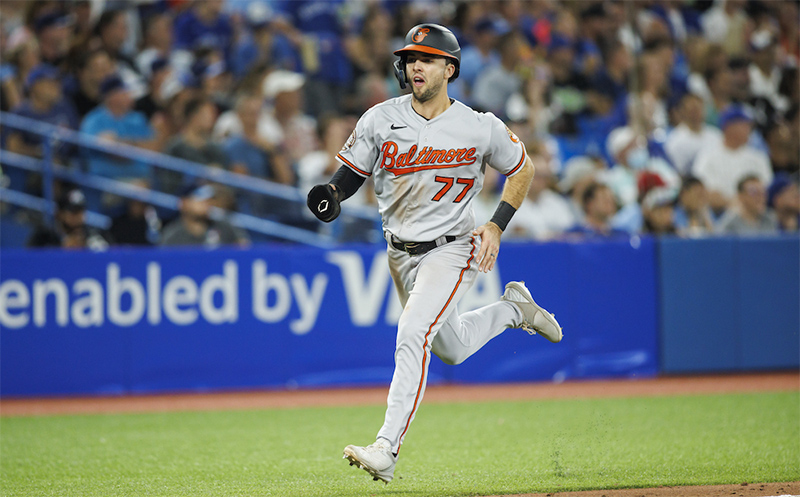So, among the changes announced Friday coming to major league baseball will be a pitch clock in the 2023 season. The goal is to improve pace of play and reduce down time.
MLB announced these rules for next year:
* A pitcher must begin his motion before the expiration of the timer. Pitchers will have up to 15 seconds between pitches when the bases are empty and up to 20 seconds between pitches with at least one runner on base. Testing in the minors involved 14 seconds with the bases empty and 18 seconds (19 seconds in Triple-A) with at least one runner on base.
* A pitcher may disengage the rubber (timer resets) by throwing to a base with a pickoff attempt or stepping off the pitching rubber twice per plate appearance without penalty. Subsequent disengagements result in a balk, unless an out is recorded on a runner. The disengagement count resets if the runner advances; testing in the minors had no reset until the following plate appearance.
* A hitter must be in the batter’s box and alert to the pitcher with at least eight seconds remaining. Testing in the minor leagues included nine seconds remaining.
The average time of an MLB game was three hours and 10 minutes last year and is three hours and four minutes this year. In Triple-A this season, the average time of game is 2:43, while it is 2:40 in Double-A, 2:34 in high-A and 2:36 in low-A.
The O’s Terrin Vavra spent a lot of time in the minors during this 2022 season and he said these rules should definitely make a difference in reducing game times.
“Absolutely. You are forced to get in there (the batter’s box) and be ready to go,” he said. “Same with pitchers, they are forced to get the ball in and you are ready to go again. Lot less time for thinking and whatnot. I think it’s an adjustment to make.
“I think definitely from a fans’ perspective it speeds up the pace of play. Obviously as a player that can work to your advantage and work against you. It’s tough to get adjusted to at first. But when that adjustment is made, it is for the better and I think it can be something to look forward to.”
But will it be good for the game?
“I think it can be,” said Vavra. “It’s going to be kind of a learning process at first, especially at this level. There are a lot of players that have been here a long time and you know, have routines that have worked for them. It is going to be something that may be challenging for them to break. But I think from a fans perspective it will be great and players will really come around to it too.”
Vavra said he had to learn to speed up his routine under the rules used this year.
“It did change your routine definitely. There was less time to step out and catch your breath. You don’t really have that luxury. But it does force you to get back in there and be ready to hit. It does take away some of those excess thoughts that can be detrimental to players.
“I never had a violation call against me. I was in the box a few times where pitchers had it called. I’ve seen hitters get called for it. I think the hardest part was in between innings. Outfielders running back in and they only have a certain amount of time if they are leading off the inning to get up there. I think that was the one I saw the most frequently where hitters got violations called.”
Full article can be found at: https://www.masnsports.com/blog/terrin-vavra-talks-pitch-clock-plus-other-o-s-notes

